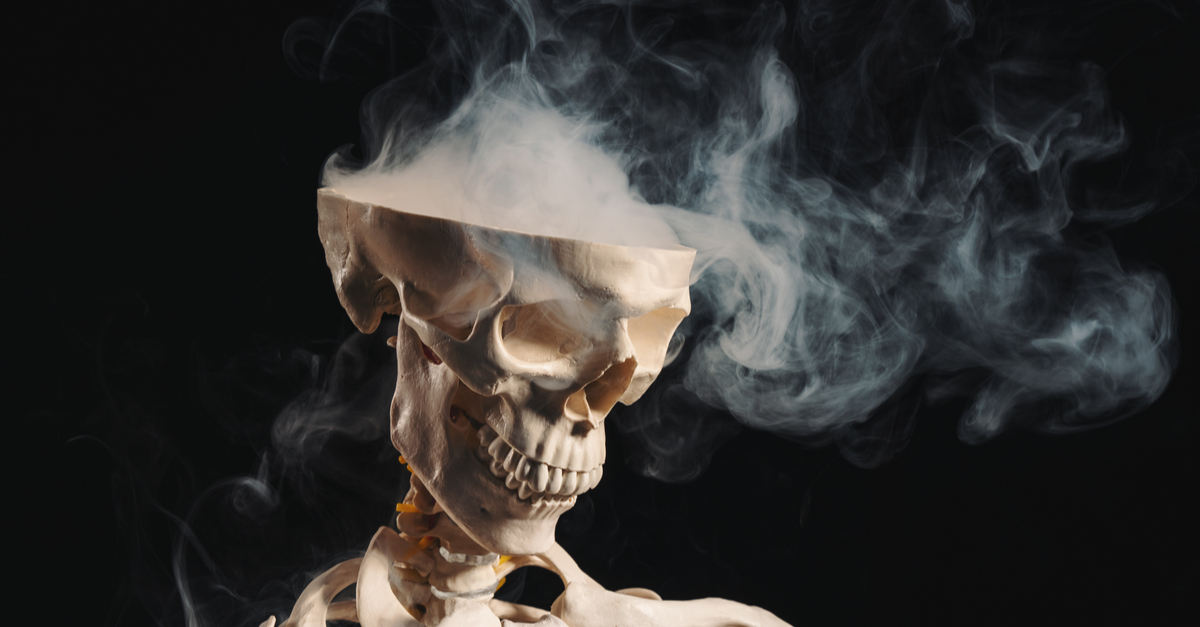
Many sex addicts struggle not just with sexual addiction, but with alcoholism, compulsive gambling, compulsive spending, drug abuse, etc. This is hardly a surprise when we understand that the most common triggers for addiction are various forms of emotional discomfort. This means that addicts don’t use to feel good, they use to feel less. Whatever the addiction, the underlying motivation is the same. The addict wants to control what he or she is feeling. And addictive substances and behaviors all happily oblige by altering brain chemistry in ways that temporarily distract the addict from stress, emotional discomfort, depression, anxiety, boredom, loneliness, etc.
Admittedly, a few addicts are purists, sticking with their drug or behavior of choice no matter what. They drink and that’s it, or they look at porn and that’s it, or whatever. But with many addicts, the primary addiction is just one part of a larger addictive pattern. These individuals are sometimes referred to as “garbage can users,” ingesting whatever addictive substance or engaging in whatever addictive behavior is available, as long as it creates the escapist neurochemical rush they seek.
With sex addicts, stimulant drugs like cocaine and meth are often the secondary drug of choice. Typically, these drugs are used in conjunction with sexual activity because they allow users to be sexual for several hours (or even days) at a time—especially if erection enhancers like Viagra, Levitra, and Cialis are also being used.
When stimulant drug abuse is consistently fused with the hunt for and experience of intensely arousing sex, these paired behavioral patterns can become mutually reinforcing. Over time, even simple sexual fantasies and/or memories of past sexual acts can become a psychological trigger for stimulant drug abuse, and vice versa. Eventually, stimulant drug use and sexual activity can become so tightly paired that engaging in one behavior inevitably leads to the other. For this type of dually addicted individual, getting high and seeking/finding/having sex becomes a single coexisting and complementary addiction.
Unfortunately for paired substance/sex addicts, stimulant drugs are highly disinhibiting, which means the user’s beliefs about the need for safer sex may disappear when high, greatly increasing the risk for HIV and other STDs, unwanted pregnancies, etc. Furthermore, stimulant abuse is highly destructive in its own right, both physically and mentally. Exacerbating matters is the fact that many men and women with a co-occurring sex and stimulant addiction also abuse alcohol, benzodiazepines (like Valium, Ativan, and Xanax), and over-the-counter cold medicines as a way to “come down” and get some sleep when the party is finally over.
When sex and drug addictions intertwine and fuse in this way, treatment and recovery become much more difficult. If the addict is engaging in (or tempted to engage in) one activity, he or she is almost certainly engaging in (or tempted to engage in) the other. As such, paired substance/sex addiction is double-trouble in terms of both potential consequences and risk for relapse. Moreover, substance/sex addicts must be treated for both halves of their addiction simultaneously. Otherwise, they are unlikely to find any level of lasting sobriety.
If you think you might have a paired substance/sex addiction but are still unsure, please click here to take our updated Substance Abuse and Sexual Disorders Self-Test. Residential treatment for paired substance/sex addiction is available at Seeking Integrity: Los Angeles, as are online workgroups for male and female addicts seeking recovery.